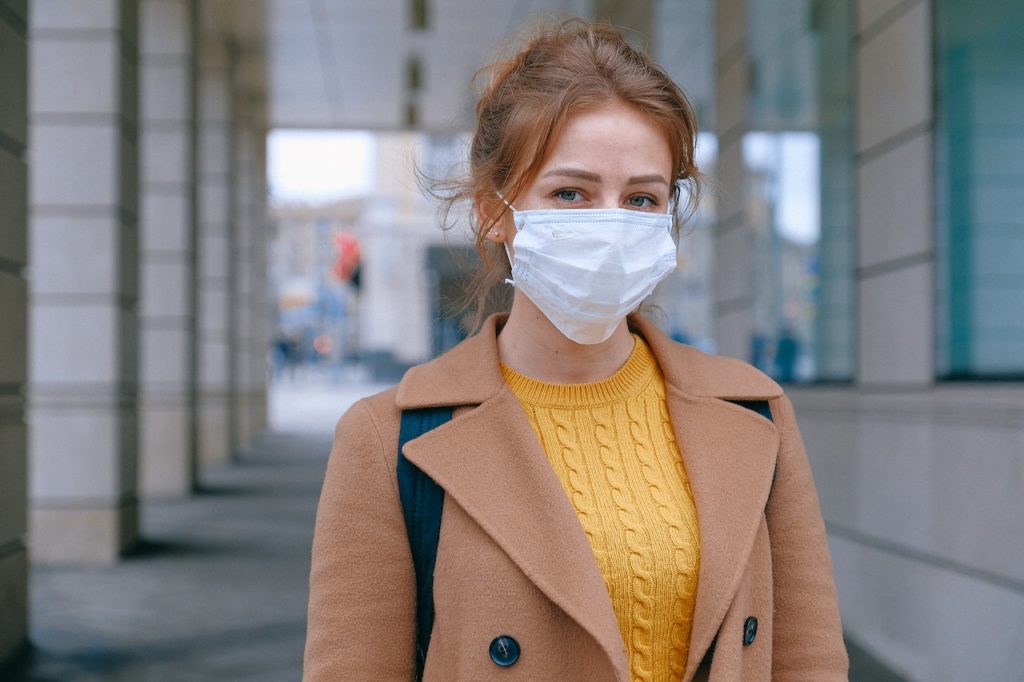- Always carry your medications with you when traveling and research the local laws regarding carrying them into a foreign country.
- Research your destination ahead of time to learn about potential allergens in the area.
- Wear a face mask or respirator, keep windows closed, and take antihistamines for high pollen count areas.
- Pack hypoallergenic products like shampoos, soaps, detergents, and your own pillow and bedding to prevent contact with allergens.
Traveling can be fun and exciting but can also be stressful if you suffer from allergies. After all, you never know what allergens you may encounter while away from home. Luckily, there are ways to minimize and prevent allergens when you travel. Here are some tips for traveling safely with allergies.
Carry Medications With You at All Times
It’s important to always have your medications on hand in case of an allergic reaction or flare-up. Pack them in your carry-on luggage so you can still access your medications if your suitcase gets lost. It’s also a good idea to bring along extra doses just in case of emergencies. Additionally, research the laws regarding carrying medications into a foreign country before leaving the country and ensure all necessary documents are completed properly. Here are ways to safely carry your medications:
- Double-check that your medications are not expired or out-of-date.
- Place them in a secure, sealed plastic bag to protect them from damage and contamination.
- Pack all your medications in their original packaging with the prescription labels intact.
- Make sure you have enough medication for the duration of your trip.
- Talk to your doctor about bringing extra-strength medications in case of a severe reaction.
Research Your Destination Ahead of Time
By researching the area ahead of time, you can learn more about potential allergens that could be present at your destination and plan accordingly.
When Visiting Places with High Pollen Counts
When traveling to areas with high pollen counts, you’ll want to wear a face mask or respirator and keep your windows closed while in the car. You may also want to take antihistamines before and during your trip. You can also opt for clothing made from special fabrics designed to trap allergens and keep them away from your skin.
When Visiting Places with High Mold or Dust
If traveling to an area with high mold or dust, you must wear a face mask or respirator and eye protection. You may also want to use a dehumidifier in your hotel room if it is too humid. Additionally, consider using air filters in your car and hotel room to reduce allergens.
Pack Hypoallergenic Products
Packing hypoallergenic products is one of the best ways to stay safe from allergens while traveling. This includes packing items like hypoallergenic shampoo, soap, and detergent so you won’t be exposed to harsh chemicals or fragrances that could trigger an allergic reaction. Also, bring your own pillow and bedding to prevent contact with allergens. But what does hypoallergenic mean?
Hypoallergenic products are designed to reduce the risk of triggering an allergic reaction. They usually contain fewer irritants and preservatives than regular products, which makes them more suitable for people with allergies or sensitive skin. It means being careful with the following when picking up products:
Cosmetics

Look for products labeled as “non-comedogenic” and free of fragrances, dyes, and preservatives. If you are in an unfamiliar area, you may need to read the labels carefully or ask for help from a local pharmacist. You should also avoid products that contain alcohol, which can be drying and irritating to sensitive skin.
Cleaning Products
Choose products free of chlorine, perfumes, dyes, and other irritants. Opt for natural cleaning products that are safe for people with allergies, such as vinegar, baking soda, and essential oils. Irritating ingredients such as bleach, ammonia, and harsh detergents should be avoided. If possible, bring your own cleaning products from home.
Bath Essentials
Your bath essentials, such as shampoo, conditioner, and body wash, should also be hypoallergenic. This means avoiding products that contain sulfates, dyes, fragrances, and other harsh chemicals. Look for products labeled as “oil-free” or “non-comedogenic.” Natural options such as oatmeal baths can be a good choice as well. If unsure about the availability of hypoallergenic products, you can always bring your own from home.
Be Prepared for Emergencies

It’s important to be prepared for an allergic reaction while traveling. Being in an unfamiliar place can make managing an allergic reaction more difficult. Before you leave, make sure that you have a plan in place in case of an emergency. Here are things you need to remember:
- Carry an emergency medication kit with you at all times, especially your epinephrine auto-injector.
- Research local clinics and hospitals in case of a medical emergency.
- Carry proper identification documents that list your allergies, such as your passport or driver’s license.
- Ensure someone back home knows your itinerary in case they need to contact you in an emergency.
Having allergies does not mean that you can’t enjoy traveling. Following these tips and being prepared can have a safe and enjoyable trip. Don’t forget to consult with your doctor before traveling to ensure you take all the necessary precautions. With the right preparation, you can stay healthy and safe to enjoy your travels!
